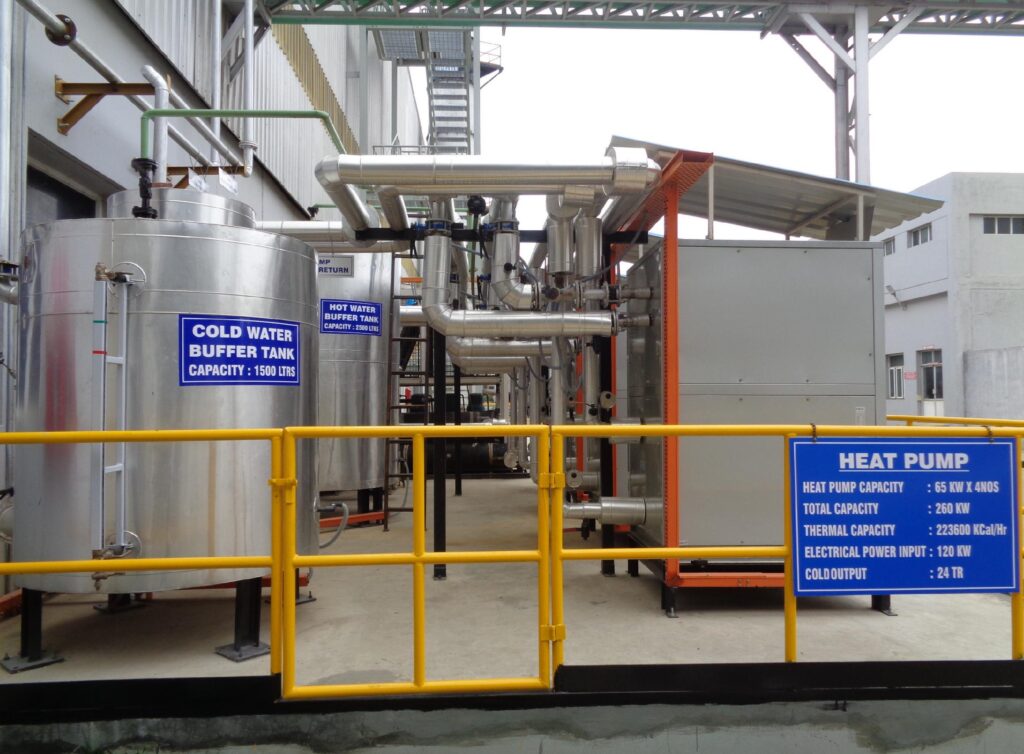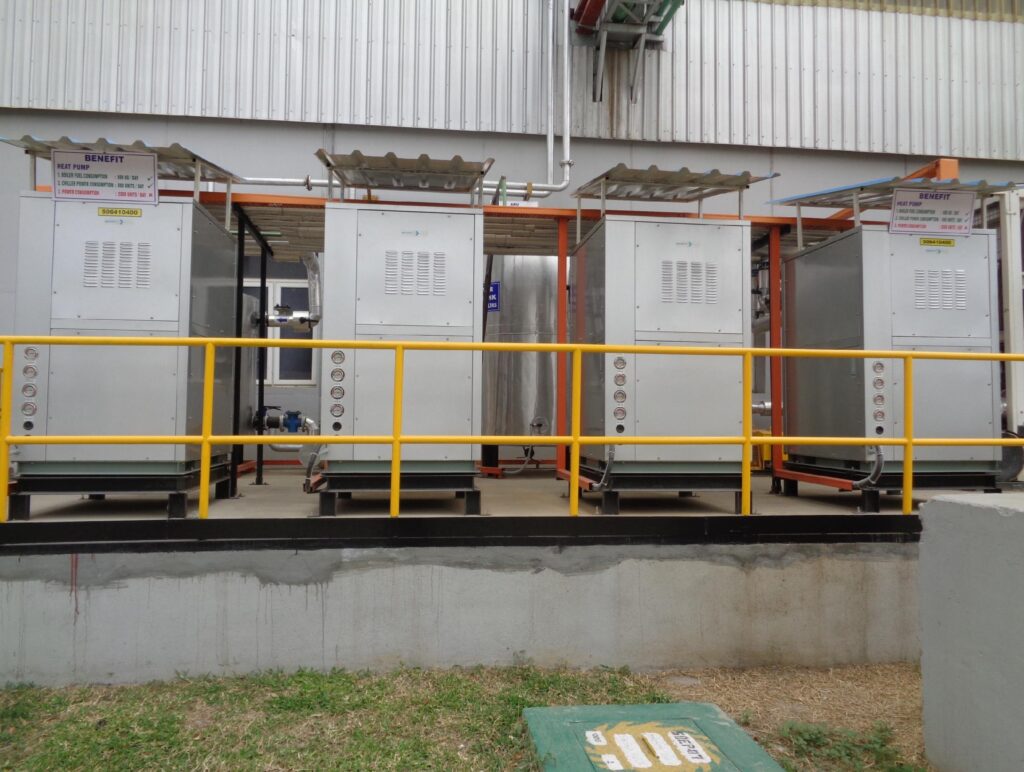Introduction
In the pursuit of sustainable living, energy-efficient technologies are pivotal. Among these, heat pumps emerge as a promising solution for lowering carbon footprints and energy expenditures. This blog delves into the environmental advantages of heat pumps, underscoring their contribution to sustainability and efforts to combat climate change.
What are Heat Pumps?
Heat pumps are devices that transfer heat from one place to another using a refrigerant and a compressor. Unlike conventional heating systems that generate heat through combustion, heat pumps extract heat from the air, ground, or water, making them highly energy efficient and environmentally friendly.

Environmental Benefits
1. Reduced Carbon Emissions
Heat pumps contribute to substantial reductions in carbon emissions when compared to traditional heating systems. By harnessing renewable energy sources like ambient air or geothermal heat, heat pumps reduce dependence on fossil fuels. This transition not only decreases greenhouse gas emissions but also aids in the fight against climate change.
2. Energy Efficiency
Heat pumps operate on the principle of moving heat rather than generating it, which can result in efficiency ratings (COP – Coefficient of Performance) well above 1. This means they can deliver more energy for heating or cooling than they consume, leading to substantial energy savings over time.
3. Promoting Renewable Energy
Heat pumps are compatible with renewable energy sources like solar and wind power. By integrating these sources into the grid and coupling them with heat pump technology, communities can further reduce their reliance on non-renewable energy and promote a cleaner energy mix.

Advantages beyond Environmental Impact
1. Cost Savings
Although initial installation costs may be higher than traditional systems, heat pumps offer long-term savings on energy bills due to their high efficiency and reduced operational costs. This makes them a wise investment for both homeowners and businesses seeking to lower their utility expenses.
2. Improved Indoor Air Quality
Unlike combustion-based heating systems, heat pumps do not produce indoor air pollutants such as carbon monoxide or nitrogen oxides. This contributes to better indoor air quality and creates healthier living and working environments.
Challenges and Considerations
1. Upfront Costs
The initial cost of purchasing and installing a heat pump system can be higher than traditional heating systems. However, potential savings on energy bills and environmental benefits often justify this initial investment over the system’s lifespan.
A real-time illustration of the heat pumps operational savings and environmental benefits can be exhibited through one of our key client’s case study arrived:
Client: One of India’s largest 3 wheeler manufacturer.
Industry: Automotive
Application: Pre-treatment
Temperature Required: 70 – 75°C
| BEFORE HEAT PUMP | |
| Heat source | LPG fired hot water generator |
| Fuel Consumption | 650 Kg/day |
| Cold water source | Chiller |
| Chiller’s power consumption | 600 – 800 kW/day |
| Annual operational cost for both heating and cooling | 1.56 Crores |
| AFTER HEAT PUMP | |
| Project size | 260 kW |
| Heat Pump’s power consumption | 1800 kW/day |
| Heat pump’s operational cost | 50.5 Lakhs |
| PROJECT’S BENEFITS | |
| Annual operational cost savings | 1.06 Crores |
| Annual Environmental Benefit attained | 362 Tons of CO2 emissions reduction |
2. Climate Suitability
While heat pumps work efficiently in various climates, factors such as temperature extremes or inadequate insulation can affect their performance. Proper sizing and installation are crucial to maximizing their effectiveness in different environments.
